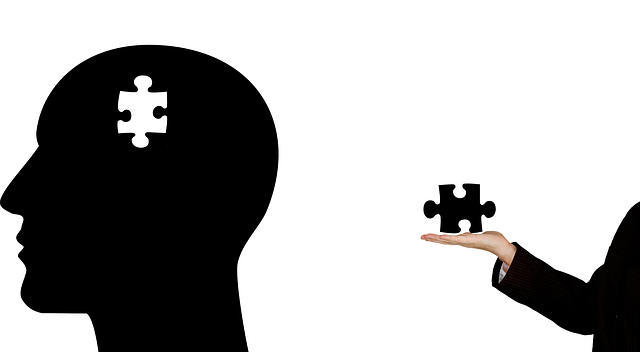What steps are you taking to manage leadership stress?
Based on the conversations I’ve been having with leaders, it’s never been more important. We rely on them to make sound decisions. Building mental resilience is key.
Even in “normal times,” humans have a tendency for distraction. According to a study done by the Potential Project, 58% of employees report an inability to regulate their focus or attention at work. Add to this a propensity to become hooked by negative news, and we’re at risk of falling into the trap of negative thinking. This ignites a chain reaction: fear narrows vision, and with it, creative solutions. Sound familiar?
Build Your Resilience to Manage Leadership Stress
Building mental resilience requires intention and practice. It’s a skill of noticing our thoughts, un-hooking from those that are unhelpful, and refraining from punishing ourselves for less than helpful thinking (which also begins with noticing).
I have written about this in the past, here, and here. Mindfulness Based Stress Reduction (MBSR) is a great method to practice this. UMass Memorial Medical Center is just one organization who to offer an 8-week online live course.
Guided meditation is also a great option, and there are many Apps available to help. Two of these include Insight Timer, where you can access >25K guided meditations led by some of the most renown leaders, (including Jack Kornfield, Tara Brach, and Sharon Salzberg), and see how many people around the world were also meditating with you; and UCLA Mindful, which offers English and Spanish meditations ranging from 3-19 minutes long and work with difficult emotions.
Some Buddhist communities are also offering virtual, online “sits” to support others with their practice, and remind us of our human connectedness. Trike Daily, The Buddhist Review Tricycle.org, offers a great exercise for leaders: relax the problem solver.
These tools also help with decision making. When this topic comes up with my coaching clients, we discuss the importance of slowing down to make better decisions.
Slow Down to Make Better Decisions
Threats to our (and our loved ones) well-being, uncertainties, and awareness of our lack of control elevate anxiety, stress, and lead us to make short-sighted decisions. Unwittingly, many of us feed the beast of uncertainty by consuming more negative news and rushing to action. But as a wise teacher once said, “don’t just do something, sit there.”
Here are three techniques you can use to slow down:
- Calm your mind. Use a four second breathing technique. Slowly breath in for four seconds. Hold your breath for four seconds. Slowly exhale for four seconds. Pause for four seconds. Repeat.
- Rest your eyes; if possible, gently gaze out a window. Give your mind space to unhook from screens, images, and headlines.
- Find new ways to connect with others. Meaningful connection begins with compassion. The practice of compassion starts by asking, “how can I help this person?” The great paradox is that by opening ourselves with this one question, we actually build mental resilience and manage stress.
Leaders who slow down, deliberate with data and reason, make better decisions. Take the time to read, verify, reflect, and check before making personal and business decisions. A qualified executive coach can help.
You will be called to make many decisions over the course of this crisis, and your decisions will be critical. Slow down to make better decisions.
What do you think? How do you manage leadership stress in a time of crisis? I’d love to hear from you. I can be reached here, on LinkedIN or at 561-582-6060. We’re in this together. Let me know how I can help.

Did You Enjoy This Article?
Join thousands of other smart business owners like yourself & get our Proffittable Times newsletter.
It's filled with actionable content you can apply immediately.
Sign up now to get started!
– Coach Nancy










